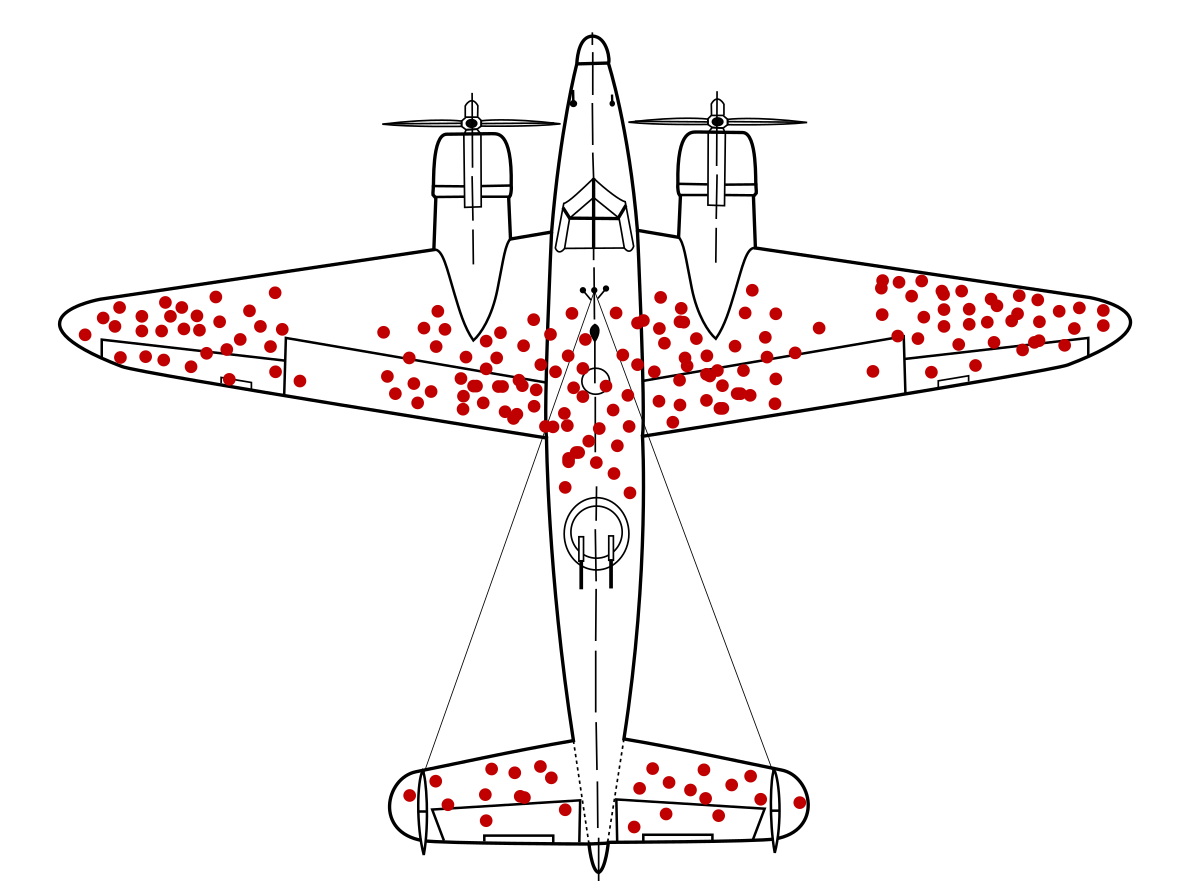Beware of Performance Advice from Geniuses
A lot of high performers may not be capable of good advice for one simple reason.

A few years ago, I took a writing workshop with a seasoned curmudgeon named John. He was exactly the kind of partner you need in a productive workshop: he was honest and straightforward without being unkind, but he had a nose for bullshit and felt compelled to let you know when he caught a whiff.
To put it mildly, our sessions were polarizing.
John played the role of the contrarian of the workshop, examining and interrogating any writing advice he found suspect. While he wasn’t to everyone’s taste, his line of questioning forced me more than once to test, really test, writing advice on a practical level. Once, we were talking about George Saunders’ advice in A Swim in the Pond in the Rain (which I still highly recommend, John’s skepticism notwithstanding).
Saunders is refreshingly straightforward with his theory of storytelling: every good story boils down to a call-and-response with the reader. So he drafts line-by-line as though he’s having a dialogue with the reader:
Writer: “X happened.”
Reader: “Interesting. What happened next?”
Writer: “Y happened in response to X.”
Reader: “Oh, unexpected! And then?”
Writer: “Z occurred as an ironic/inevitable/unanticipated effect of Y.”
And so on, with the reader continuing as an expression of their own curiosity. To paraphrase Sanders, what separates the apprentices from the masters is the ability to anticipate and answer the reader’s most pressing question while heightening curiosity.
But John pushed back on that advice. “Listen, that may work for George Saunders, but George Saunders is a genius. That’s not gonna work for me—I need more than that.”
And after thinking about it for a while…I think John has a point.
Contrary to John’s criticism, there’s an appetite for learning at the feet of the exceptional and high achieving—MasterClass alone generates an estimated $150 million a year in revenue, nearly half coming from US subscribers.
Unlike Udemy or Coursera, whose most popular offerings are practical skill-building courses for tech workers or ascendant managers, MasterClass produces polished lecture videos from famous figures in fields like haute cuisine, tournament poker, or (weirdly enough) FBI profiling.1
Among the first ‘instructors’ were world-class athletes like Steph Curry and Serena Williams, but, at the time, I found the inclusion of athletics an odd choice.
In a review of a sports memoir, David Foster Wallace wrote it might be the nature of athletic genius—necessitating rigorous training to achieve flow state at will, to push all conscious thoughts aside—to be incapable of explaining itself. Performers of all kinds might be able to explain the mechanics of what they’re doing, but they’re not guaranteed the ability to precisely explain why and how they intuit split-second decisions under incredible pressure. They can rationalize those decisions, but they often can’t say where their gift comes from.
You might say to me, “Well, it’s their life, isn’t it? Aren’t they the authority on what led to their success?” Not necessarily.
Exceptionally skilled people sometimes possess a kind of survivorship bias about where their genius comes from and what people find remarkable about it. In other words, people who excel in sports, art, communication, etc., may not be able to accurately understand or explain why they excel. All they can offer is what they do differently from others around them, but that’s less useful than you might think.
You might have seen this image before:

During WWII, researchers at Columbia conducted a statistical analysis on plane damage to increase the resilience of Allied bombers. Their initial recommendation, naturally, was to reinforce where returning planes had suffered the most damage. But a statistician named Abraham Wald found the fatal flaw in this approach: they were only analyzing the planes that survived. Their conclusions needed to account for the planes that never made it back.
In the end, the analysts inverted their recommendation: reinforce the areas of returning planes where there wasn’t damage at all—these were the areas where damage was most likely to bring the plane down.
Bear in mind, these were statisticians with access to a mountain of hard data. The “let’s ask a genius” approach to understanding skill is like analyzing survivability based on the pilot’s supper routine before a bombing run.
Obviously, an expert’s counsel is useful—it’s, in fact, what we mean by “expertise.” There’s also a world of difference between the types of genius used by an athlete or writer.
Firstly, athletes are what Wallace characterizes as “geniuses-in-performance,” whereas writers like George Saunders are “geniuses-in-reflection”—notable precisely for the ability to plumb the depths, to glean insight from the miasma of memory and sensation. Secondly, he’s a teacher. He’s made a living helping other writers improve, so if there’s anyone who has a handle on their own exceptional skills, it’s Saunders.
At the same time, Saunders based his book on the short fiction class he taught at Syracuse University’s creative writing program, which—brace yourself—accepts only six students every year. The level of skill and training he’s speaking to might genuinely lie beyond the level most writers have the time or resources to reach.
So where does that leave the non-geniuses—the precocious beginners, reasonably skilled, or modestly talented?
That question might lie beyond the scope of this article,2 but I think sports can help us find the way. Consider that genius in athletics begins with mastering fundamentals. Iteration, repetition, and exercise—in short, training. You could have the potential to become the world’s greatest half-court shooter and still need to do dribbling drills.
The same is true of writing.
These are just a few fundamental narrative skills I’ve discussed in editing sessions before:
- Modulating how quickly or slowly a reader experiences an action
- ‘Casting’ a scene such that each character plays a distinct narrative role
- Crafting conflict that is practically and psychologically credible
- Filtering description such that the reader is receiving only necessary and relevant information
- Use of choices under pressure to create (not ‘reveal’) character
Training key skills through repetition develops a command of narrative that makes improvisation and strokes of genius possible. In one sense, genius is ‘only’ the high-level, unconscious calculation that arises from years of training our senses and reflexes in countless unremarkable iterations.
Like Ray Bradbury says, “An athlete may run ten thousand miles in order to prepare for one hundred yards.”
The difference is, of course, that writers are allowed as many “do-overs” as they need, while athletes and musicians have to perform on the spot. On the other hand, writers at the highest levels are expected to generate paradigm-shifting, Don Draper-level insights on a semi-regular basis—so maybe a few do-overs are warranted.
Perhaps that’s the good news I can leave you with: with enough attempts, statistics say you’re bound to sink at least one miraculous three-pointer in your life.
The more times you attempt it, the more likely that today’s the day.
- I had a Masterclass membership early in 2018, and the courses were…strange. ‘Lectures’ offered little in the way of applicable advice; it was mostly abstract insights bordering on the philosophical. If I had to relate it to the typical public school experience, courses resembled an extended school assembly, when the administration would invite a zookeeper or interesting expert to field questions about their job. That’s not a criticism, either—listening to an interesting expert wax philosophical about their deepest passion is genuinely fun, especially if they’re good on camera. ↩︎
- I hope to have an article addressing this topic very soon, so keep an eye out for that. ↩︎
